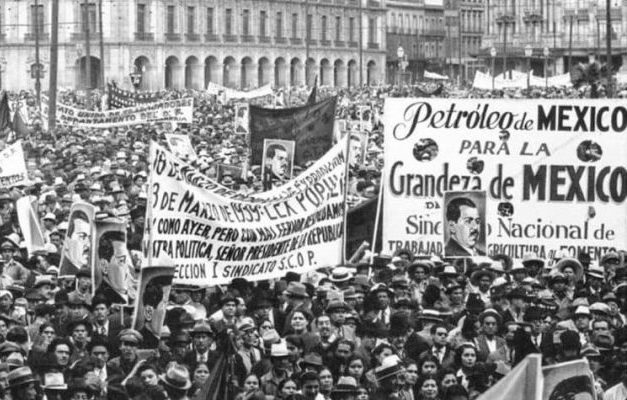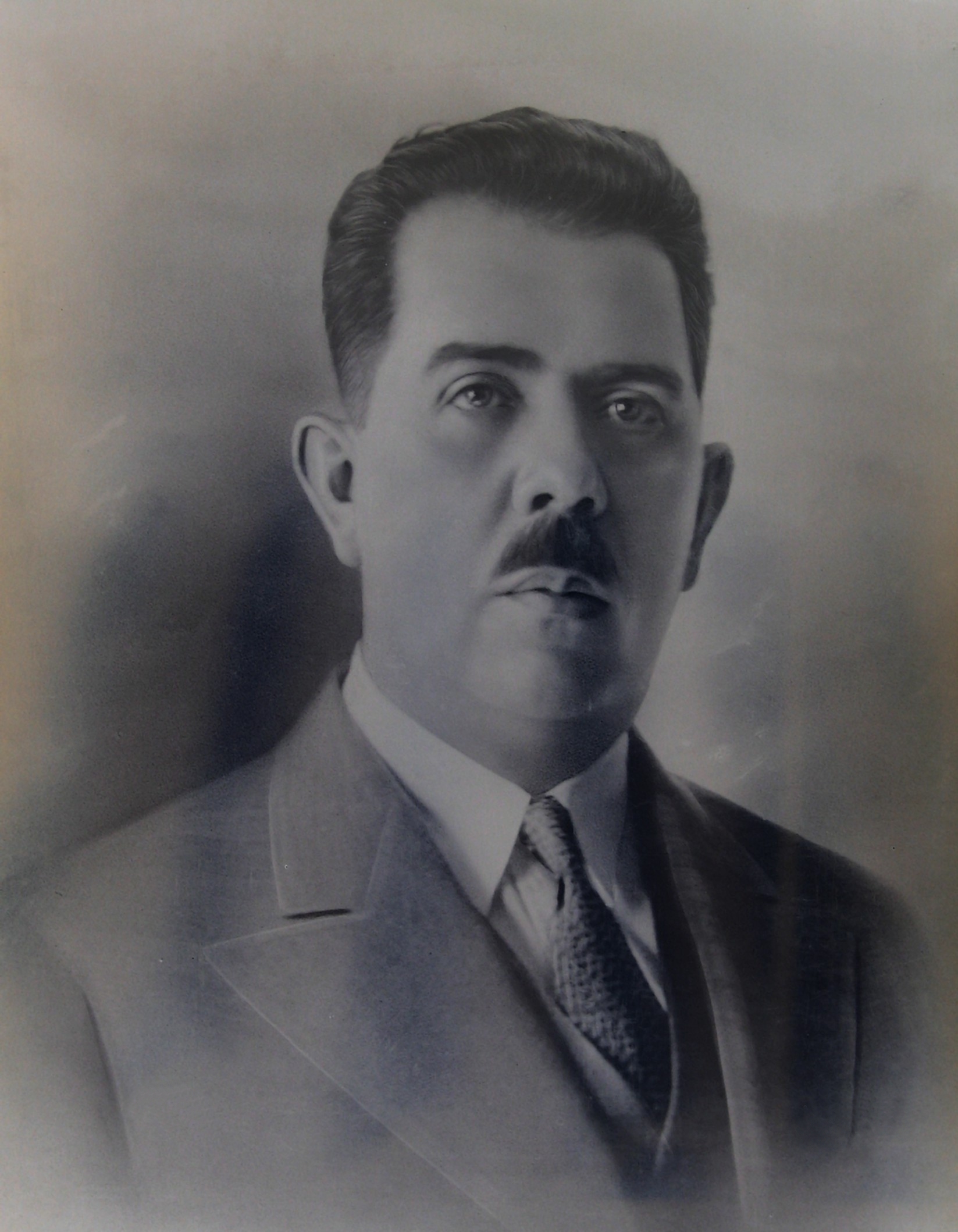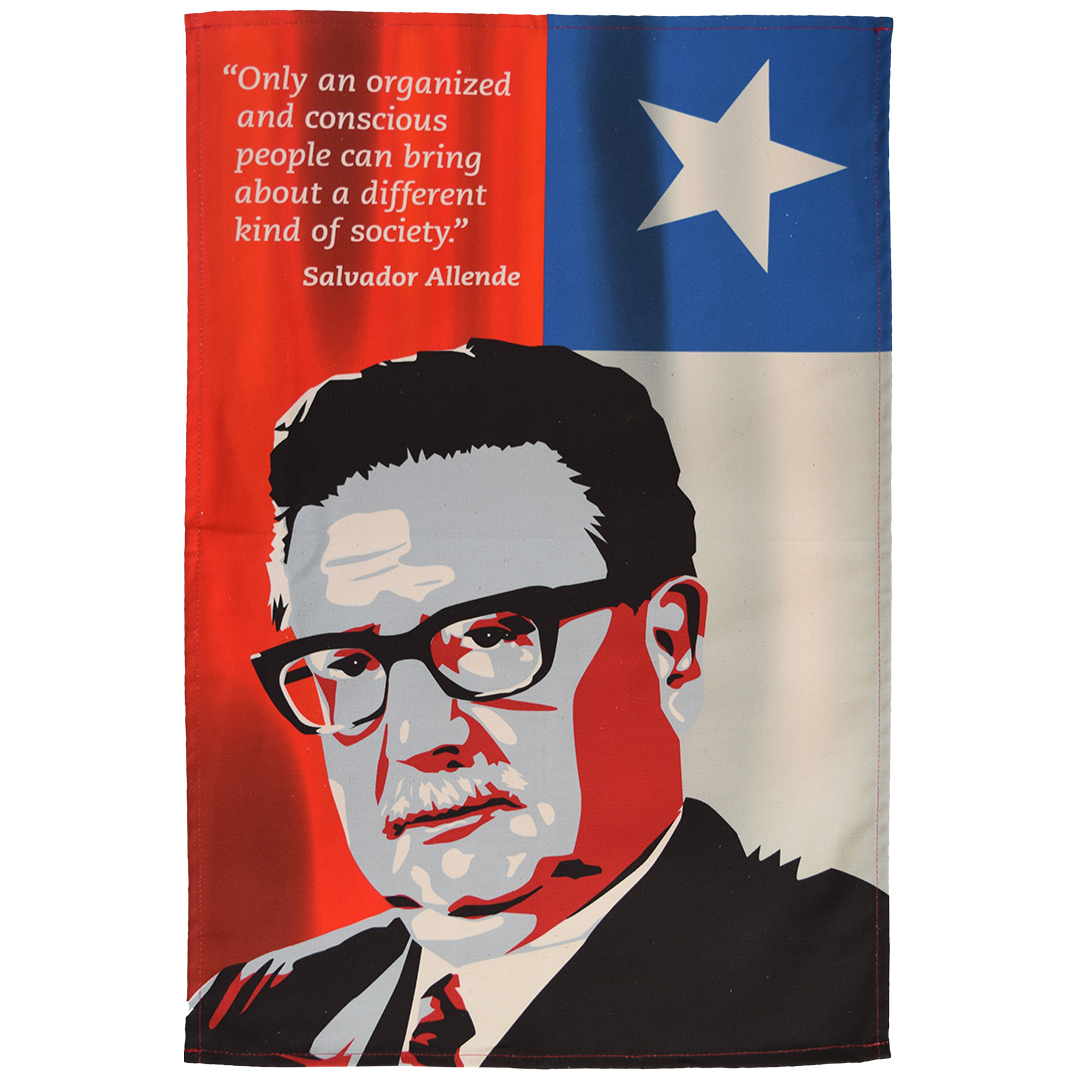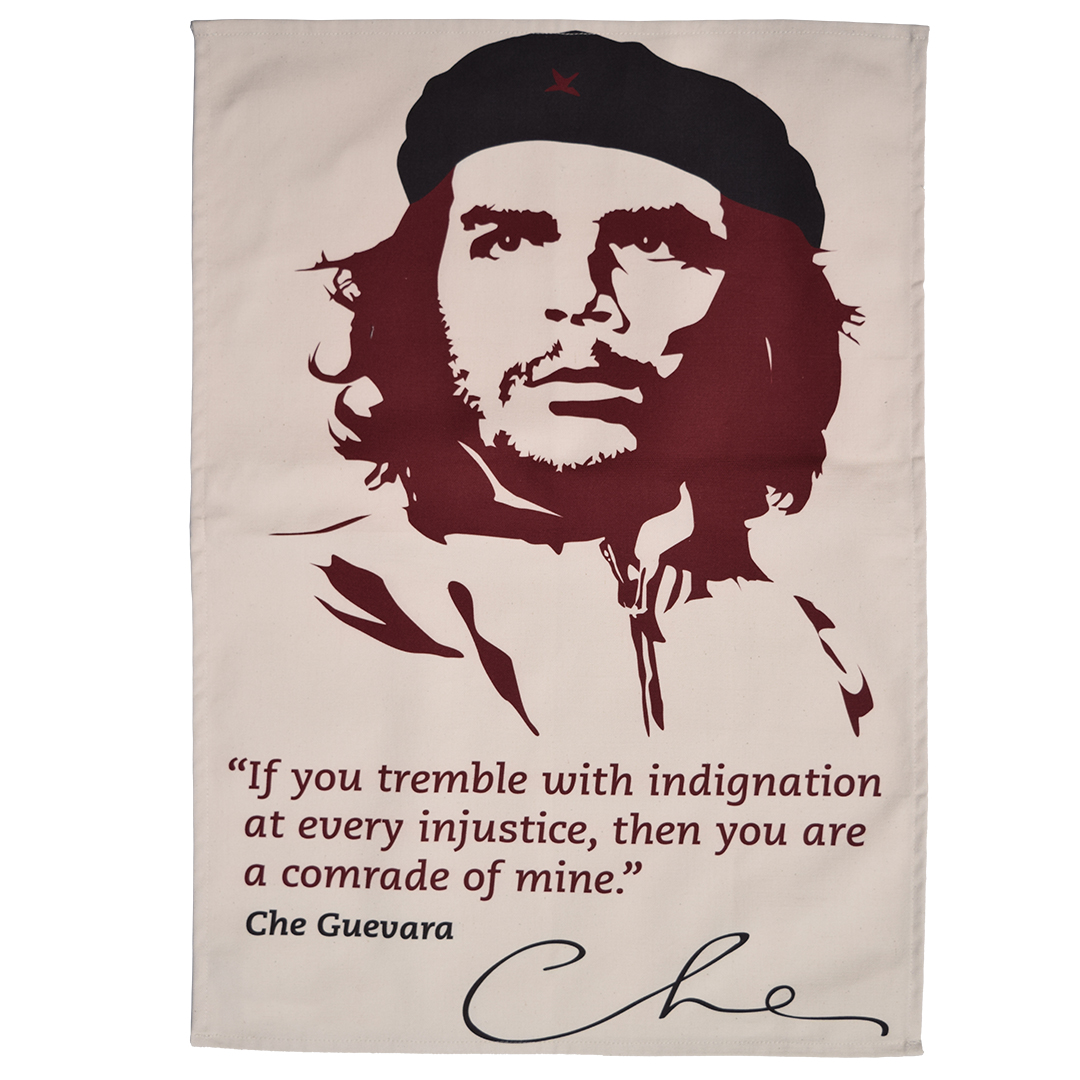Lázaro Cárdenas vs. The United States
Posted by Pete on Mar 18th 2022

The story of how Mexico regained control over its natural resources...
“The United States appears to be destined by Providence to plague America with misery in the name of liberty.” - Simón Bolívar
Relations between the United States and Latin America have always been fraught, to say the least.
Since the mid-19th century, the United States had been powerful enough to boss everyone else in the western hemisphere around.
On occasion, this took the form of direct conquest - most infamously with the invasion of Mexico in 1846.
More common was for the US to set certain implied limits on what Latin American countries were able to do with their own ‘sovereignty’.
From Mexico to Cuba, Puerto Rico to Haiti, Latin American states were basically treated like colonies by their ‘big brother’ to the North.
Chilean President Salvador Allende was one of many Latin American leaders to fall victim to anti-democratic US foreign policy
Click to view our Salvador Allende tea towel
But then came Lázaro Cárdenas, President of Mexico from 1934 to 1940.
Cárdenas was very much on the radical wing of the Mexican revolutionary tradition, following figures like the martyred Emiliano Zapata in demanding control of Mexican land and resources for the Mexican people.
In Cárdenas’ time, this meant oil.
Mexico held some of the largest known oil reserves in the world, but they were all monopolized by foreign – mainly US – multinational corporations.
The old pre-revolution regime had been cosy with these businesses, using the language of ‘progress’ and modernity to put a nice sheen on their exploitation of Mexico.
But the Mexican Revolution (1910-20) had empowered currents and classes in Mexican society which wouldn’t stand for it any longer.

President of Mexico Lázaro Cárdenas, photographed in 1934
In August 1935, the Petroleum Workers Union of Mexico demanded shorter hours, sick pay, and increased wages and benefits.
The companies refused, and in May 1937, a nationwide strike began.
In the pre-revolution days, the Mexican government would have sent soldiers to intimidate or kill the strikers on behalf of the bosses.
But now the radical Cárdenas was President of Mexico – and he was on the side of the workers.
He convinced the strikers to return to work on condition that the dispute would be referred to a government arbitration board.
In December 1937, the board ruled in favour of the workers’ demands.
The oil companies refused to obey the Mexican authorities – they still believed it was United States power which ultimately counted in Latin America.
But Cárdenas didn’t care what they thought.
Perhaps the most iconic of Latin American revolutionaries, Che Guevara helped to end the US-backed Batista regime in Cuba
Click to view our Che Guevara tea towel
If US and European companies were just going to use Mexican oil to enrich the wealthy of their own countries and exploit Mexican workers, radical action was justified.
On 18 March 1938, President Cárdenas decreed that the US and Anglo-Dutch oil companies were all to be nationalized. A few months later, he ordered the creation of Petróleos Mexicanos (PEMEX), a state company which would take over the extraction and refinement of oil.
It was a hugely popular decision among Mexicans and all Latin Americans – an assertion of their genuine sovereignty against US arrogance.
The oil barons cried bloody murder. They wanted a mass embargo on Mexican oil, if not an armed intervention to overthrow Cárdenas.
But it wasn’t to be.
Franklin Roosevelt was President. Unlike most US leaders, before and since, FDR didn’t assume the right to force Latin American states to conform to US corporate interests.
His ‘Good Neighbour Policy’ meant there would be no invasion to bully Cárdenas. And even if there had been, popular resistance would likely have bogged it down.
The successful Mexican Oil Expropriation of 1938 was a watershed in Third World politics, and is still celebrated as a civic holiday.
From then on, however strong the other side, sovereignty would be about more than just a flag. Political independence meant little if it was not also social and economic independence.


